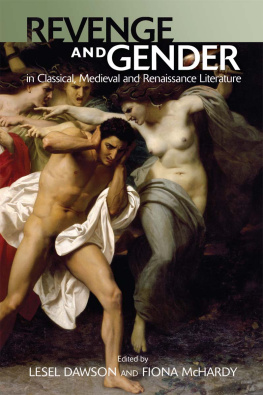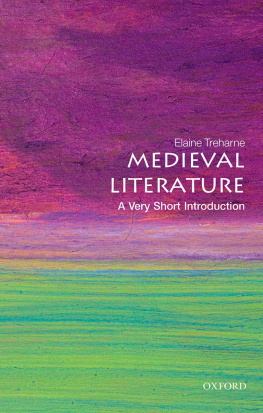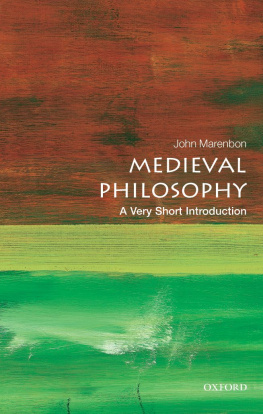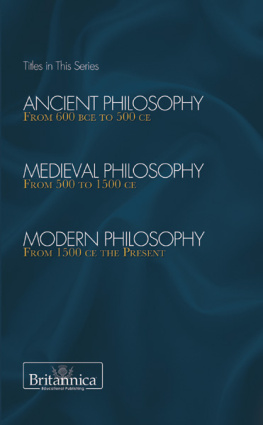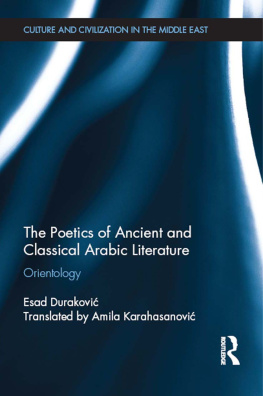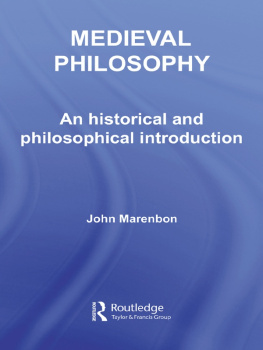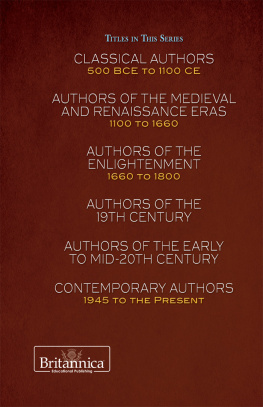A SEA OF LANGUAGES: RETHINKING THE ARABIC ROLE IN MEDIEVAL LITERARY HISTORY
A Sea of Languages
Rethinking the Arabic Role in Medieval Literary History
EDITED BY SUZANNE CONKLIN AKBARI AND KARLA MALLETTE

University of Toronto Press 2013
Toronto Buffalo London
www.utppublishing.com
Printed in Canada
ISBN 978-0-8020-9868-9

Printed on acid-free, 100% post-consumer recycled paper with vegetable-based inks.
Library and Archives Canada Cataloguing in Publication
A sea of languages : rethinking the Arabic role in medieval literary history / edited by
Suzanne Conklin Akbari and Karla Mallette.
Includes bibliographical references.
ISBN 978-0-8020-9868-9
1. Literature, Medieval Arab influences. 2. Comparative literature Arabic and
European. 3. Comparative literature European and Arabic. I. Akbari, Suzanne
Conklin II. Mallette, Karla
PN682.A67S42 2013 809.02 C2013-901477-2
University of Toronto Press gratefully acknowledges the financial assistance of the Centre for Medieval Studies, University of Toronto in the publication of this book.
University of Toronto Press acknowledges the financial assistance to its publishing program of the Canada Council for the Arts and the Ontario Arts Council.

University of Toronto Press acknowledges the financial support of the Government of Canada through the Canada Book Fund for its publishing activities.
In memoriam, Mara Rosa Menocal
For Sara and Eva, benevolent despots and beloved daughters
Contents
SUZANNE CONKLIN AKBARI
SHARON KINOSHITA
SIMON GAUNT
JOHN TOLAN
WALID A. SALEH
PAULO LEMOS HORTA
KARLA MALLETTE
ROSS BRANN
RYAN SZPIECH
CYNTHIA ROBINSON
DWIGHT REYNOLDS
WILLIAM GRANARA
DAVID A. WACKS
LEYLA ROUHI
MARA ROSA MENOCAL
KARLA MALLETTE
In Memoriam
We lost a singular voice when Mara Rosa Menocal died on 15 October 2012: someone with a unique ability to speak to both contemporary global events and the long train of history they trundle behind them. I first contacted Mara when I was a graduate student at the Centre for Medieval Studies at the University of Toronto. She responded swiftly and generously, with the capaciousness of spirit for which she was known, and remained an informal advisor and an inspiration for me throughout my professional career; she played the same role for many. It seemed right to honor her with a conference at Toronto an institution that has trained so many fine philologists through the years since her first book used philological method to turn some of the assumptions of philology on their head. The conference, The Persistence of Philology: Rethinking Comparative Literary History on the Twentieth Anniversary of The Arabic Role in Medieval Literary History, took place at the University of Toronto in 2007.
As those who have read Maras work know, she was passionate about music. In part to honor the role that music plays in a later book of hers Shards of Love, with its cover art adapted from the Derek & the Dominos album Layla and Other Assorted Love Songs, and its unforgettable explication of Eric Claptons vocal performance on the song Layla we planned a concert in conjunction with the conference. The ensemble Alpharabius performed medieval Arab and European music, and members of the Toronto opera company Queen of Puddings brought us selections from an opera based on the life of Jaufr Rudel, a troubadour poet who traveled from Europe to the Holy Land only to die in the arms of his beloved (Amour de loin, with music by Kaija Saariaho and libretto by Amin Maalouf, 2000). For both Suzanne and me that evening is a sublime memory: a glowing moment on a cool Toronto spring night, when we scholars put aside all the idiolects of discipline and were drawn along on a musical pilgrimage from one shore of the Mediterranean to the other. In retrospect, this evening seems to encapsulate what Mara did better than any scholar of her generation: not dodge the bullets or evade the mines of history, but write about history with an emotional honesty and depth that allowed us to understand it even convinced us to love it despite its difficulty. Mara captured the urgency that drew many of us to the study of literature; like a skilled singer, she was able to use raw emotion to give a ragged edge to sweetest melody, and the most memorable insights of her scholarship are at once historical and emotional truths.
As scholars of medieval literature, we meet death again and again in the texts and documents we study. We know its brutality, but we also know that death doesnt silence the spirit and that the works that great writers and thinkers leave behind are the best consolation for their loss. The essays in this volume honor Mara by continuing the work begun by her, as the papers delivered at the 2007 conference did. It is with profoundly bittersweet gratitude that we send our unintentional festschrift out into the world to make our debt to her apparent.
Karla Mallette
Acknowledgments
This volume had its origins in a workshop at the University of Toronto which we convened to take stock of the impact of Mara Rosa Menocals work upon our shared fields of Medieval Studies and Comparative Literature and within the fields of national literary history that are our specialty. As the planning progressed, it became increasingly clear to us how wide-spread the ripples generated by Menocals work really were, extending far beyond literary history into musicology and art, Jewish and Islamic Studies, and informing the new research paradigms that were beginning to be formulated within the framework of Mediterranean Studies. A Sea of Languages is a crystallization of a turning point in this field of study, and (we hope) will provide a suggestive stimulus for its next stages of development.
We are grateful to the Social Sciences and Humanities Research Council of Canada for its support of the workshop, and also to the Chancellor Jackman Program for the Arts (now the Jackman Humanities Institute) at the University of Toronto, which co-sponsored the workshop. The Jackman Program also sponsored Cross-Cultural Musical Currents, with performances by two ensembles. The consort Alpharabius presented selections of medieval Arabic and Romance music, and John Hess directed a program drawn from the opera LAmour de loin, with a score by Finnish composer Kaija Saariaho and libretto by Lebanese novelist Amin Maalouf; members of Queen of Puddings Music Theatre sang, and Linda Hutcheon introduced the performance. It is a pleasant duty to acknowledge these contributors, who both beguiled us and illustrated some of the scholarly insights that we had discussed in the papers presented at the workshop. Additional thanks are due to the Centre for Medieval Studies, the Pontifical Institute for Mediaeval Studies, the Departments of English, French, Italian, Spanish and Portuguese, and Near and Middle Eastern Civilizations, the Centre for Jewish Studies, and the Centre for Comparative Literature at the University of Toronto. We would also like to thank those graduate students who helped to prepare the manuscript (Andrew Reeves and Elizabeth Watkins) as well as those who worked at the original workshop (Alice Cooley, Jennifer Gilchrist, and Clare Snow) under the able supervision of Sara Akbari.
Next page

